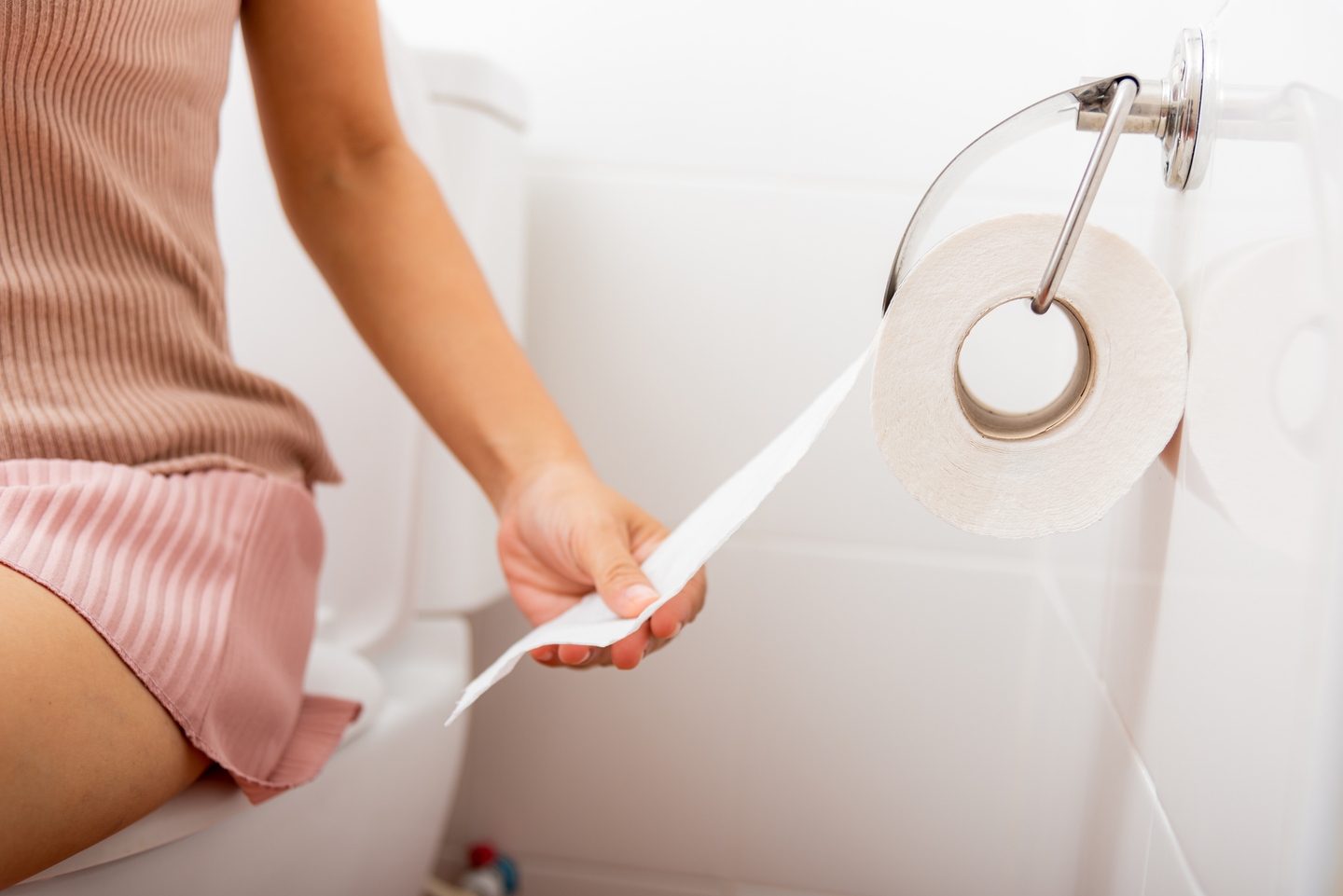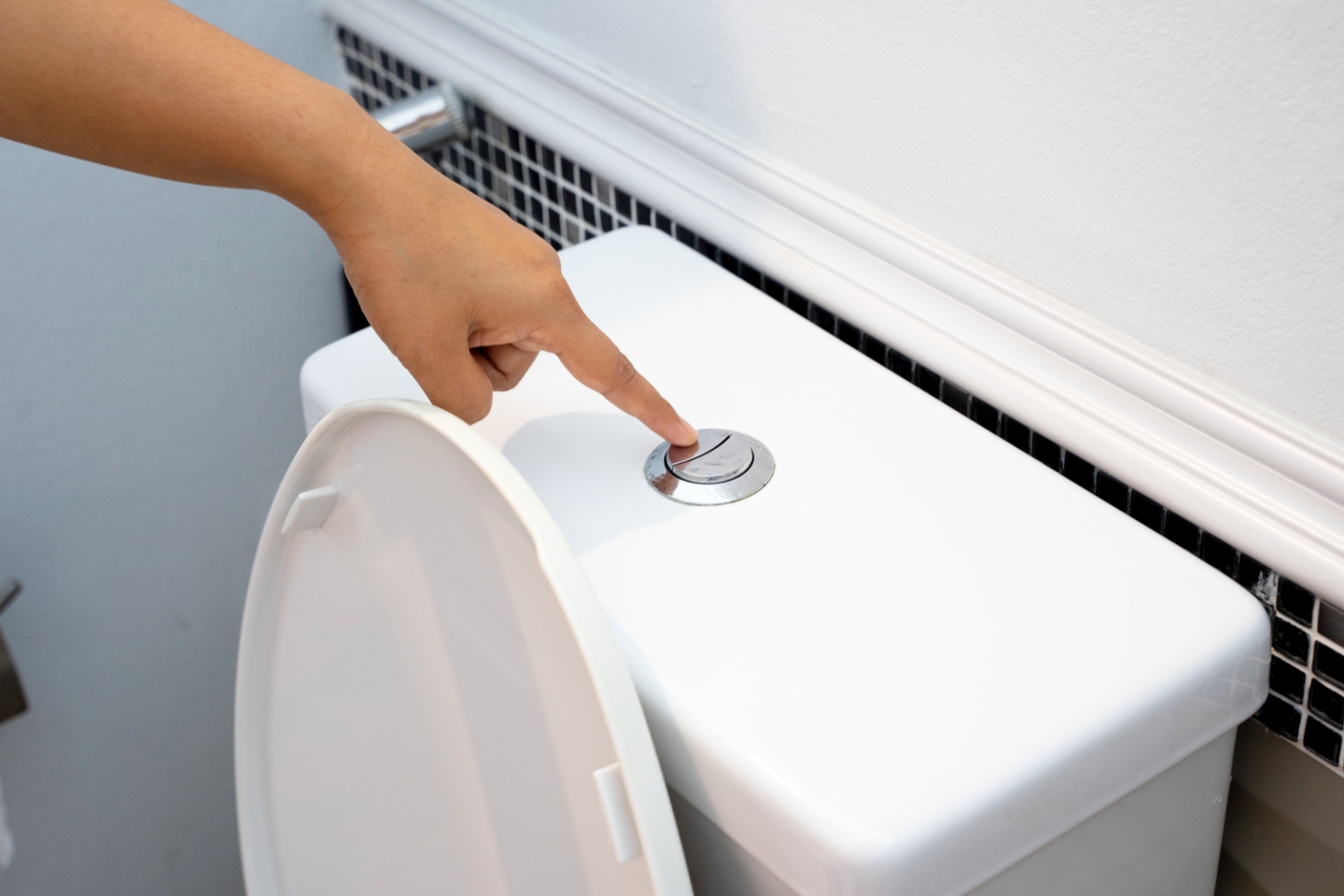Experts suggest that paying closer attention to how long you take to pee might help reveal early warning signs of potential bladder issues later in life.
So, it’s worth paying attention because something called the ‘Law of Urination’ might come in handy one day more than you’d expect.
They watched a wide collection of high-speed videos of different animals doing their business. And by studying these clips, they aimed to understand the similarities and differences in how mammals pee.
Among the animals they observed were rats, goats, cows, and even elephants. It didn’t take long for them to spot a strange but consistent pattern.

They published this quirky yet insightful study in the journal PNAS in 2014, and explained that gravity plays a big role in how long animals take to pee.
“How can bladders of both 0.5 kg and 100 kg be emptied in nearly the same duration? Larger animals have longer urethras, and so greater gravitational force driving flow,” the research team noted in their report.
“Despite this wide range in mass of the animals, urination time remains constant for all animals heavier than 3 kg.”

That’s definitely something worth noting – especially since the scientists believe their findings might be useful for identifying urinary problems in animals.
And yes, if you’re wondering how this applies to us humans, you’re not alone. It turns out we can actually take a lot from this unusual animal study.
Nurse Janis Miller, PhD, told Well and Good that the 21-second rule can be used to “educate yourself into a good wellness pattern.”
Of course, not every trip to the bathroom will clock in at exactly 21 seconds. But it’s a solid benchmark to keep in mind and pay attention to over time.

If you’re noticing that it takes a while to empty your bladder or that you’re heading to the bathroom way more often than usual, it could be a sign to check in with your doctor.
Consistently peeing for a lot longer than 21 seconds could mean your bladder is overstretching. And if that keeps happening, it could eventually lose its elasticity and stop functioning as it should.
Going too frequently might also point to something called an overactive bladder. That’s when you constantly feel the need to pee, even if your bladder isn’t really full.
So what’s a healthy number of bathroom breaks each day? Urologist Nicole Eisenbrown suggests aiming to pee about eight times per day if you’re staying properly hydrated.
Someone might just be checking in on their health and honestly, it might not be a bad idea to try it yourself.


